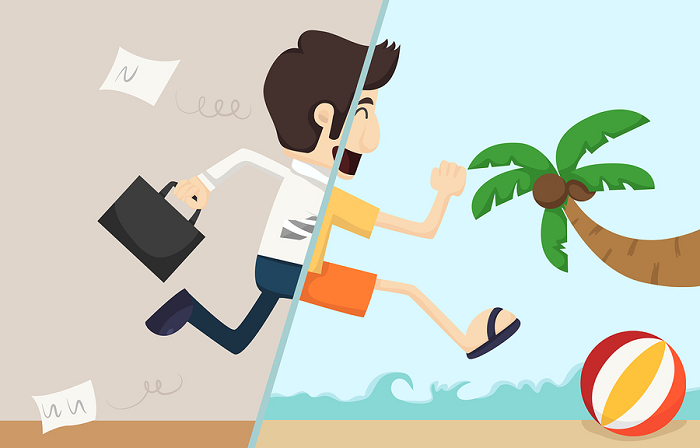
The term financial independence indicates a state o finances for which the individual can fulfill primary needs without participating in an employment. It is usually achieved when the difference between recurring revenue—corporate divends, product sales, real estate rentals etc…—and living expenses satisfies the basic quota for personal sustenance.
The path to financial independence is usually undertaken by people with a strong desire for freedom, or people with big amounts of money available and looking for a smart ways to manage them. This goal is however rarely achieved by luck—like a lottery win, rather by a strong and developed management of personal finances, and with a pinch of entrepreneurial skills.
Expense Reduction
The expense reduction aspect is mainly oriented to the containment of the ongoing expenditure necessary for living. It is possibile to become more "cost conscious", by weighing simple daily choices at first, up to developing a more strategic and sophisticated awareness of "value".
Some individuals are capable to bring their own frugality to the extremes—extreme saving, by therefore saving plus then 75-80% of their salary. The possibilities are numerous, for example, one smart move may be relocate to a country with a lower cost of living—approach known as geo-arbitrage.
It is important to stress that being frugal does not necessarily imply a waiver on quality of life. Frugality is in fact often the cause to a much deeper improvement change, as it can contribute to detachment from consumerism and development of "make do" skills.
On the social side, frugality offers ample opportunities for self-gratification, restoring the very basic reasons for being part of a community (collaboration intended for sustanance) and encourages social spending—money spent for friends and family— that in the long run can be much more rewarding than physical goods.
Passive Income
Passive income is the gain of an economic value that doesn't requires active actions such as the provision of a service or the sale of some asset.
Passive income can obtained for example in two ways: the first one involes a capital to invest configured to guarantee a return of interests sufficient by itself to self-sustainment, through market instruments and long-term investments.
In the second scenario, the early-retiree uses hers/his skills to create new sources of passive income, such as: products to be sold, affiliate marketing, rental from real estates etc…
Of course both roads are possible. It is essential to stress managing a passive income activity usually demands a minimum amount of activities, like supervision.
Even a static deposit under the mattress, can be subject to devaluation.
Conclusion
I became aware of the financial freedom community in 2014, at the age of 29, while browsing in long and large among links and podcasts for futher personal development.
Thanks to the community, I understood that self-discipline and teachings are precious even without reaching the goal,
as they help to improve personal financial awareness and can radically eradicate wrong consumption habits.